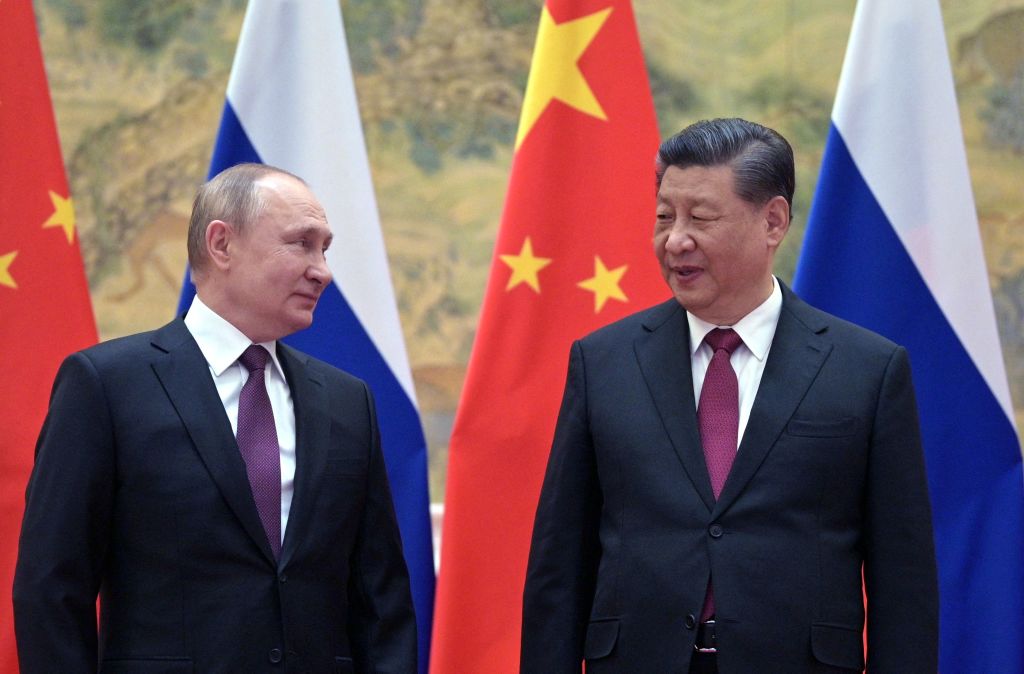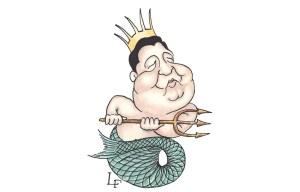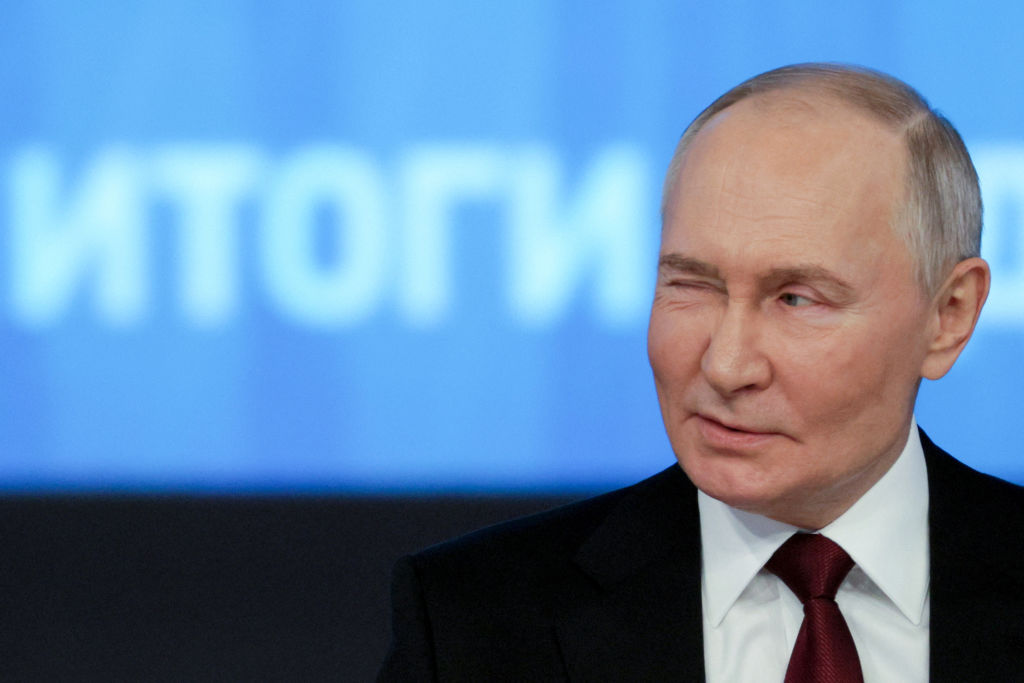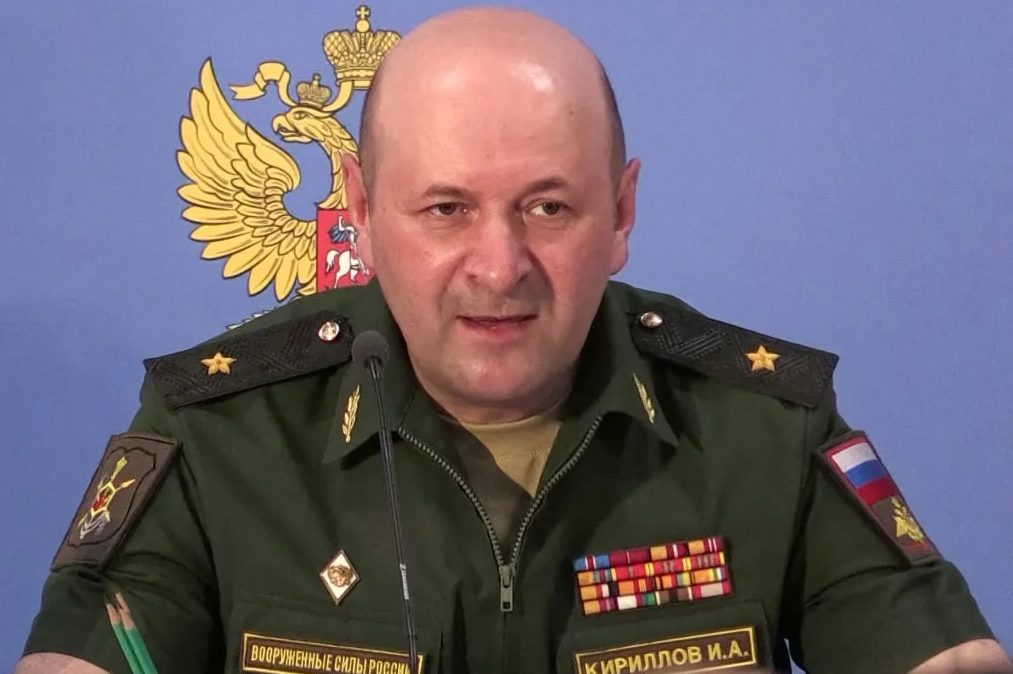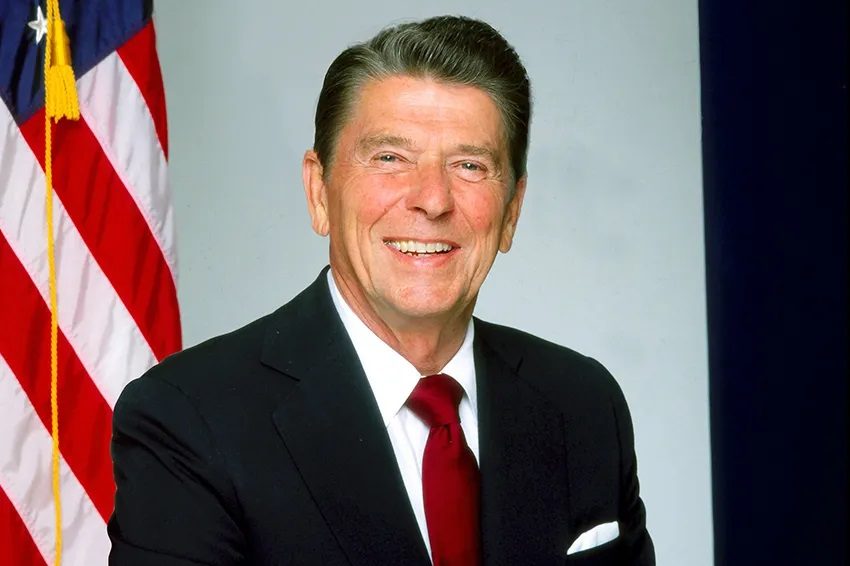While most Americans believe that the Russian invasion of Ukraine is morally wrong, there is in some corners a pervasive sense of annoyance with the conflict. The real enemy, some say, is China, and they believe that America should not focus on the last vestiges of 20th-century conflicts at the expense of losing focus on those of the 21st. They see NATO and the rest of the Cold War infrastructure as representative of a dying world. Instead of propping up this order, they argue, America should be hard at work building a new order to take on China.
The goal of a new American-led, anti-China world order is a necessary one. The currently existing old order is ill-fitted to combat China, which indeed will be America’s main 21st-century enemy. But America would be making a mistake if it allowed Russia to forcibly bring an end to the current American-led world order by absorbing or otherwise gaining control of Ukraine. Should Russia succeed, it would render the creation of a new 21st-century American-led world order an impossibility, and would put the US at a disadvantage in whatever order emerges instead.
Henry Kissinger, who understood the importance of a carefully constructed world order, touched on a similar line of thought in a 2014 piece for the Washington Post. Writing after the invasion of Crimea, Kissinger argued that the West erred in declaring that Ukraine would one day be a member state of NATO and prescribed how the world could achieve peace. However, Kissinger also made clear that “it [was] incompatible with the rules of the existing world order for Russia to annex Crimea.”
Rather than take Kissinger’s advice, the West opted for the worst of both worlds: relatively light sanctions on Russia combined with angry denunciations. In doing so, it reinforced in Putin’s eyes that they weren’t serious about defending the old order. But perhaps more importantly, it reinforced the same in the eyes of smaller states.
When George H.W. Bush spoke of a “new world order” in 1990, he was setting the parameters for the post-Cold War era. America would remain steadfast in its alliances and would no longer allow bigger countries to simply swallow up smaller ones, as Saddam Hussein had attempted with Kuwait.
This is not to say the United States should respond with military force to Russia: unlike Saddam Hussein, Vladimir Putin actually possesses weapons of mass destruction. But the reality is that the current American-led order was built on the aforementioned idea of not being able to absorb states whole. For better or worse, America has been locked into this commitment by those who came before. The US had no defense agreement with Kuwait, and none exists with Ukraine.
But if America did nothing or disengaged with Europe as Ukraine was overrun by the Russians, it would be violating a key tenet of its own world order. In doing so, it would make two titanic errors. First, in Europe, its long-term allies like Poland and the Baltic states would forever be distrustful. This is not a paean to honor, but to practicality. Alliances with those states are important to America’s national interest.
Second, if America pivots to Asia after Russia forces an abandonment of the old international order, the US’s arrival there would not be greeted with applause by the smaller states. Instead it would be greeted with suspicion. If America could be forced by Russia to abandon the last world order and its smaller allies, why would smaller Asian states believe that China could not force America to do so again?
The US will not be putting troops into Ukraine anytime soon. The entirety of the American political spectrum, from Sohrab Ahmari to David French to Joe Biden to Bernie Sanders, agrees on this. Likewise, America should be looking for ways to create a newer world order which can take on China. But America should not groan when asked to aid Ukraine and should not drag its feet when it comes to supplying state of the art weaponry and defense systems.
Instead, it should be clear-eyed about what is at stake here. Should Ukraine fall, America’s credibility will fall with it — and so too will its chances to build the next world order. Americans do not have to like this. But to win the 21st century, they must accept it.



